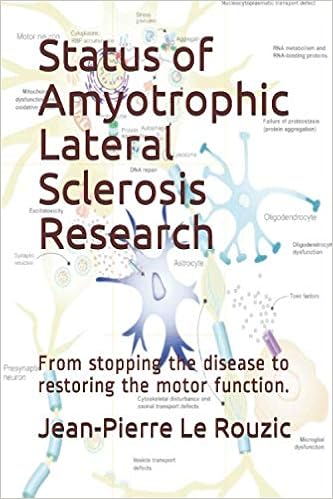This post during the summer break will deal with something different from the usual content on this web site.
Paradoxical lucidity refers to an unexpected return of mental clarity and memory, or suddenly regained consciousness in patients suffering from severe psychiatric or neurological disorders. It's name in Chinese it is quite poetic, it is called “back to light” (回光返照).
Interest in a similar condition, terminal lucidity is old but was revived recently. Episodes of terminal lucidity just before death have been reported in the scientific literature in patients with severe dementia, patients with tumors, brain abscesses, stroke and meningitis, as well as in comatose patients.
Several forms of dementia, including Alzheimer's dementia, are largely associated with irreversible degeneration of the cerebral cortex and the hippocampus, so it is unlikely that regeneration of neurons can account for paradoxical lucidity.

Lucid periods can be fostered
Yet a series of reports by Normann et al. indicates that Alzheimer disease patients commonly demonstrate temporary periods of lucidity during routine interactions with their family and caregivers. Moreover, they suggest that lucid periods can be fostered, if not directly elicited, by controlling the nature of the conversations with the patient, e.g., by providing positive support while avoiding making demands on the patient.
This is in contrast to the general description of lucidity in the medical literature as a weird phenomenon that occurs in seriously impaired individuals just prior to death. The reports by Normann et al. raise the possibility that behavioral or pharmacological interventions may predictably increase the occurrence of lucid intervals in Alzheimer disease patients.
Repurposed drugs
Another set of intriguing case reports involves FDA-approved drugs that were being repurposed as possible treatments for Alzheimer disease. Twenty-three articles were found describing treatments that produced improvement in Alzheimer disease patients, including bexarotene, amantadine, nicotine, and ketogenic diet and related ketone supplements. However, most of these FDA-approved agents have not been neglected by the field.
Cognitive improvement with DNase I
Victor Tetz and George Tetz presented the case of a 77-year-old man who was diagnosed with dementia secondary to late-onset Alzheimer’s disease 30 months prior to his presentation at clinic.
To sum up a long story the patient was rapidly deteriorating, with behavioral changes such as aggressiveness and dis-inhibition, in addition to progressive amnesic syndrome, loss of balance, and urinary incontinence. His cognition fluctuated between periods of frank confusion and lucidity. He was unable to remember his name, the calendar date, day of the week, year, or place, and could not recognize family members.
One month later with continuing deterioration, their patient’s relatives provided informed consent for treatment with 40 mg of human recombinant DNase I (1500 KU/mg) given orally three times a day in conjunction with his continued memantine therapy (10 mg daily).
The patient demonstrated considerable cognitive improvement beginning on the second day of DNase I treatment, becoming partially oriented to time and place, and once again recognizing and remembering the names of family members. He further became able to dress himself, including tying shoelaces and buttons, as well as walk independently, feed himself, and use an exercise bike. Neurologic abnormalities affecting his gait were significantly reduced.
Two months following the initiation of DNase I treatment, their patient exhibited moderate improvements in memory, although visuospatial construction continued to decline. He was better able to speak and interact with others, recognize relatives, and actively attend to television programs. Their patient further became able to perform calculations, play piano, chess, and walk independently!

